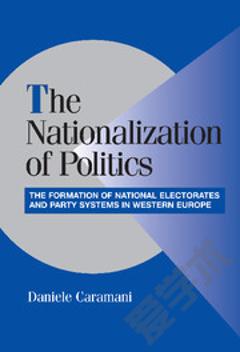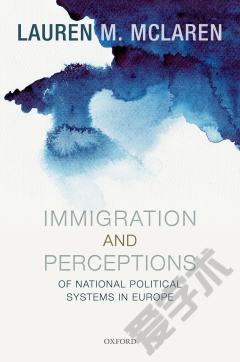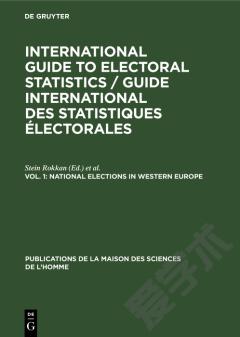The Nationalization of Politics: The Formation of National Electorates and Party Systems in Western Europe
In an in-depth comparative and long-term analysis, first published in 2004, Daniele Caramani studies the macro-historical process of the nationalization of politics. Using a great wealth of data on single constituencies in seventeen West European countries, he reconstructs the territorial structures of electoral support for political parties, as well as their evolution since the mid-nineteenth century from highly fragmented politics in the early stages toward nation-wide alignments. Caramani provides a multi-pronged empirical analysis through time, across countries, and between party families. The inclusion in the analysis of all the most important social and political cleavages - class, state-church, rural-urban, ethno-linguistic and religious - allows him to assess the nationalizing impact of the class cleavage that emerged from national and industrial revolutions, and the resistance of preindustrial cultural factors to national integration. Institutional and socio-economic factors are combined with actor-centered patterns and differences between national types of territorial configurations of the vote.
{{comment.content}}








 京公网安备 11010802027623号
京公网安备 11010802027623号